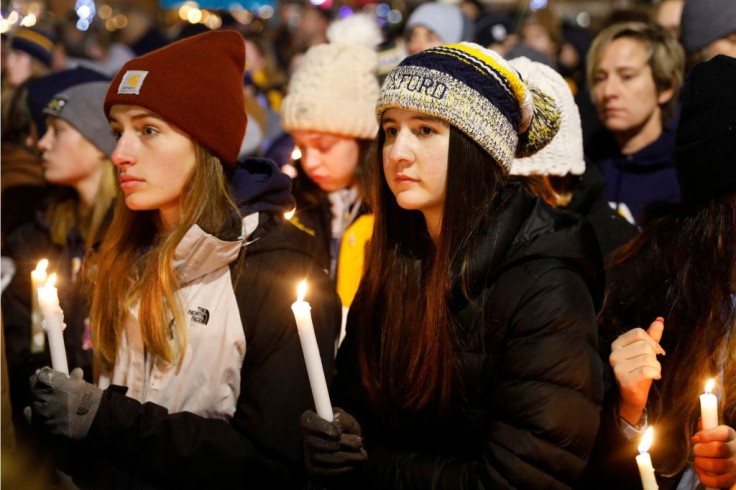
An elementary school counselor, Olivia Carter, says that about one student a month would tell her that they want to die. As young as eight years old, Carter said that kids would announce " I want to kill myself" in her office. The kids, she said, would sometimes come in tears or with fists clenched in anger, or they show no emotion at all.
Center for Disease Control and Prevention reported that in 2021, emergency room visits for adolescent suicide, especially among girls, soared over summer and winter.
Experts link this to pandemic restrictions such as physical distancing, lack of connectedness to schools, teachers, and peers, increased substance abuse, and anxiety from family health and economic problems.
With this rise of suicide cases, it is essential to spot the signs that your child needs therapy.
If child is backsliding
A clinical social worker, Jen Dowd, says that kids in elementary school are likely to have an increased sense of independence like dressing themselves, riding a bike, or tying their shoes.
Backsliding from these developments means something is up. The "examples include changes in sleeping, eating habits, bedwetting, isolating, excessive worrying and withdrawing from things they used to find fun."
This would also include frequent tantrums, excessive anxiety and clinginess, and language regression.
Changes in sleep pattern
This could mean two things: the child may have a problem sleeping, or she may be sleeping too much. It is possible that the child is getting less sleep as there may be things that worry her. The child may also oversleep due to depression or anxiety.
If the child is struggling with interaction
The red flags would include your children can't make friends, are being bullies, or are engaged in risky sexual behaviors or substance abuse. Also, watch out for self-harming or suicidal statements such as, "I don't see a purpose in me being here."
Look out if she tends to eat her lunch alone or avoids playdates and other social activities.
An abrupt change in social interaction
In high school, kids may be interested in romantic relationships and show more independence from the family. Experts say you need to keep an eye on sudden changes in social ties, such as once being popular suddenly having no friends.
If you notice the child be spending more time in the room and not reaching out to family and friends, this may be another sign that your child needs help.
Look out for a drop in performance in school or a change in personality. The child may suddenly change from being a loner to going out all the time and staying until late at night.
Signs that your child is engaging in self-harm
Take note if your child is hitting herself, banging her head against something, and digging her nails into her skin.
Changes in hygiene and eating
The child may not have taken a shower or brushed her teeth. It is also important to note the change in eating patterns like she may not be eating much.
What to do if you notice these signs
An excellent place to start, especially for elementary kids, is talking to their pediatrician. It would be helpful to go through your concerns, and perhaps if they need help, the pediatrician may refer you to someone familiar with child therapy.